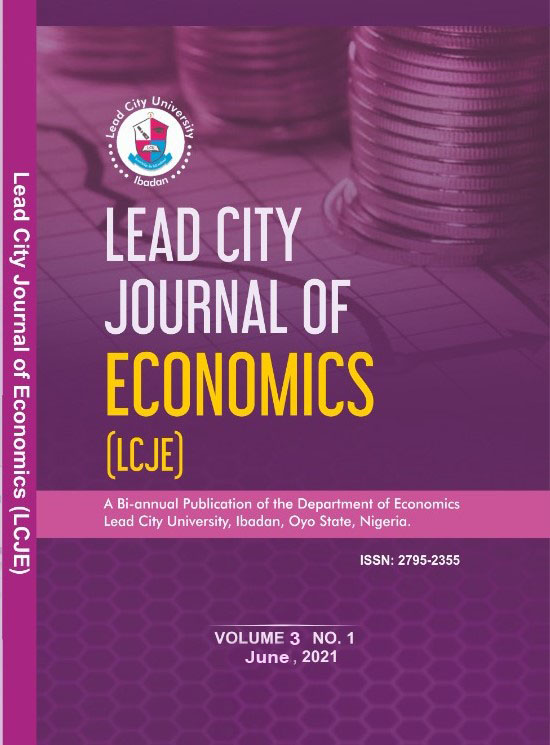Health Expenditure and Health Outcomes in ECOWAS
Keywords:
Private health spending, public health expenses, external health cost, child mortality, life expectancy, ECOWASAbstract
Health of a population has been of importance to the international community as stressed in
sustainable development goals (SDGs) specifically, goals three and goal six. The priority given
to health can be reflected in government expenditure on health which in turn determines
economic growth of a nation. The burden of disease in West African region is high as 69% of
diseases in the region is linked to chronic and infectious diseases causing death. In effect, life
expectancy in the region is 63.24 years in 2020 which is low compared to that of developed
countries. While there are indications that regions are improving health outcomes, investment
in human capital is an avenue for an economy to achieve the desired health goals, low infant
mortality, low maternal mortality, high life expectancy and low under-five mortality. There are
opportunities to advance the gains made overtime especially through sustained health
expenditure. Health sector in some African countries is lagging in required infrastructure as
reflected in the demand for health care abroad. Also, there are variations in spending to health
care across countries while in some contexts, private sector and international community
commit more resources to health care in developing countries. In the light of this, the paper
examines the relationship between health expenditure and health outcomes in ECOWAS
region. In achieving this objective, data on health outcomes and health expenditure was sourced
from World Development Indicators (WDI) for 15 member states of the West African region,
using Panel data spanning from 2000 to 2020 and panel analysis was conducted. The
outcome of this study indicates a significant effect of healthcare expenditure on health outcomes
in ECOWAS region. Healthcare expenditures improve life expectancy and reduce the risk of
mortality rate. Hence, the study recommends that government should allocate and monitor
funds towards improving health systems. Basic amenities that have direct effect on health status
of the population such as clean sanitation, basic clean water, preventive medications and should
be, accessible to people.

